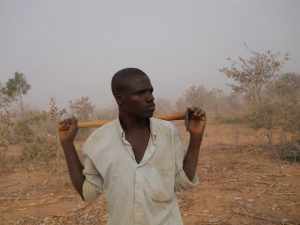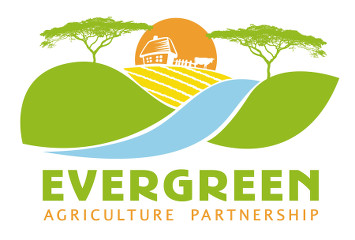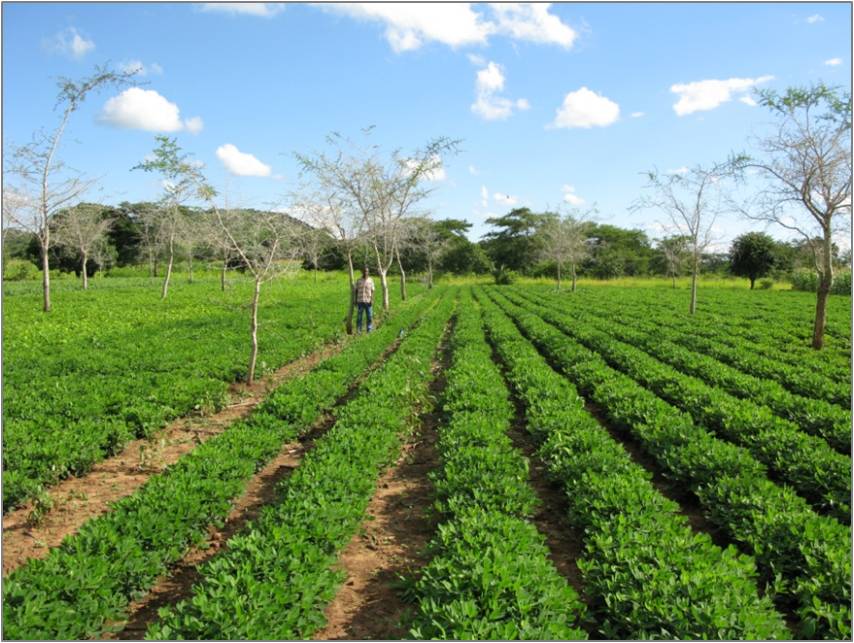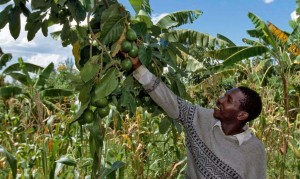
The method of restoring degraded lands efficiently contributes to climate change mitigation.
Integrating trees in agricultural systems helps rural communities adapt to climate change, mitigate its impact and improve their livelihoods. Particularly for farmers in the Sahel, trees growing on agricultural land play an important role: they do not only prevent soil erosion but provide a wide range of services such as food, increased soil fertility, and fuel wood.
Taking up on the various benefits of trees and to counteract a trend of environmental degradation since the 1970s, non-profit organizations promoted the cultivation and active regeneration of trees on degraded land. This method of restoring degraded lands to regain their health and productivity is known as Farmer Managed Natural Regeneration (FMNR). FMNR is a low-cost land regeneration system as it is based on managing the regrowth of living tree stumps that constitute a vast “underground forest” that is ready to grow.
Several studies conclude that FMNR may have contributed not only to a remarkable rise in vegetation greenness or “re-greening” of the Sahel, but also to improvements in agricultural productivity and environmental conditions. Testimony from FMNR experts and farmers across the Sahel region where FMNR is being implemented shows that FMNR has social and environmental benefits. It has impact on tree cover and diversity and availability of tree products which provide income through sale, and impact on-farm yields through soil improvement and protection.
FMNR is now being considered as a promising climate-smart agricultural practice that represents an affordable means of enhancing rural livelihoods as well, and may contribute to climate change mitigation by sequestering subtantial amounts of carbon in tree biomass and soil in addition to conserving biodiversity. Despite the potential relevance of FMNR as an efficient way to contribute to climate change mitigation and livelihood, there has been so far no attempt to substantiate anecdotal evidence with factual data provided by field-based experiments.
Originally published on the CCAFS CGIAR website.




